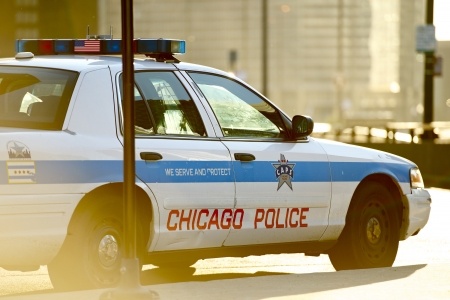Overview
Given the rash of high profile excessive force cases across the nation, it comes as no surprise that many municipalities, including Chicago, have announced plans to equip all officers with body cameras. The resulting proliferation of body camera video footage will inevitably be a significant issue in civil rights lawsuits, creating a multitude of legal and budgetary ramifications for municipalities to consider. In court, attorneys defending police departments in civil rights actions will face several evidentiary issues with respect to preserving and presenting video evidence.
A video must be “authenticated” in order to be admitted. This is accomplished by presenting testimony that the video fairly and accurately portrays an event. In cases where video evidence is excluded, it is typically a result of issues in video quality and reliability. In those situations, the video may show a black screen or blurred images and be excluded from evidence as being confusing and misleading. This highlights the need for police departments to obtain high-quality body cameras with night vision recording capabilities.
Police departments will also grapple with the consequences of deleting video footage that could have been introduced as evidence. States differ in mandated body camera footage retention periods. In Illinois, recordings must be retained for at least 90 days, after which recordings can be destroyed unless an encounter is “flagged.” Flagged encounters include those involving great bodily harm; i.e. potential civil rights actions. In those cases, the video evidence must be preserved for at least two years.
If a judge finds a video was destroyed in good faith, t he contents of the video may be admitted through witness testimony. If a judge finds that video evidence has been destroyed absent good faith, a negative jury instruction may follow. The instruction tells the jury that they must presume the video destroyed was unfavorable to the police department. Depending on the underlying facts, this jury instruction could be difficult for a defendant police department to overcome.
he contents of the video may be admitted through witness testimony. If a judge finds that video evidence has been destroyed absent good faith, a negative jury instruction may follow. The instruction tells the jury that they must presume the video destroyed was unfavorable to the police department. Depending on the underlying facts, this jury instruction could be difficult for a defendant police department to overcome.
Further financial ramifications include “spoliation sanctions,” which may be ordered if it is found that a police department intentionally or negligently destroyed video footage that should have been preserved pursuant to the applicable retention period. In some jurisdictions, a police department’s improper destruction of evidence could even give rise to a spoliation claim apart from the alleged civil rights violations.
In this brave new world, municipalities must be cognizant of the legal ramifications and associated costs of using body cameras. In anticipation of the proliferation of body cameras, police departments should adopt policies for the sensible and compliant retention of video data, the documentation of chain of custody, the maintenance of functional body cameras, and the training of officers on proper use of the cameras.